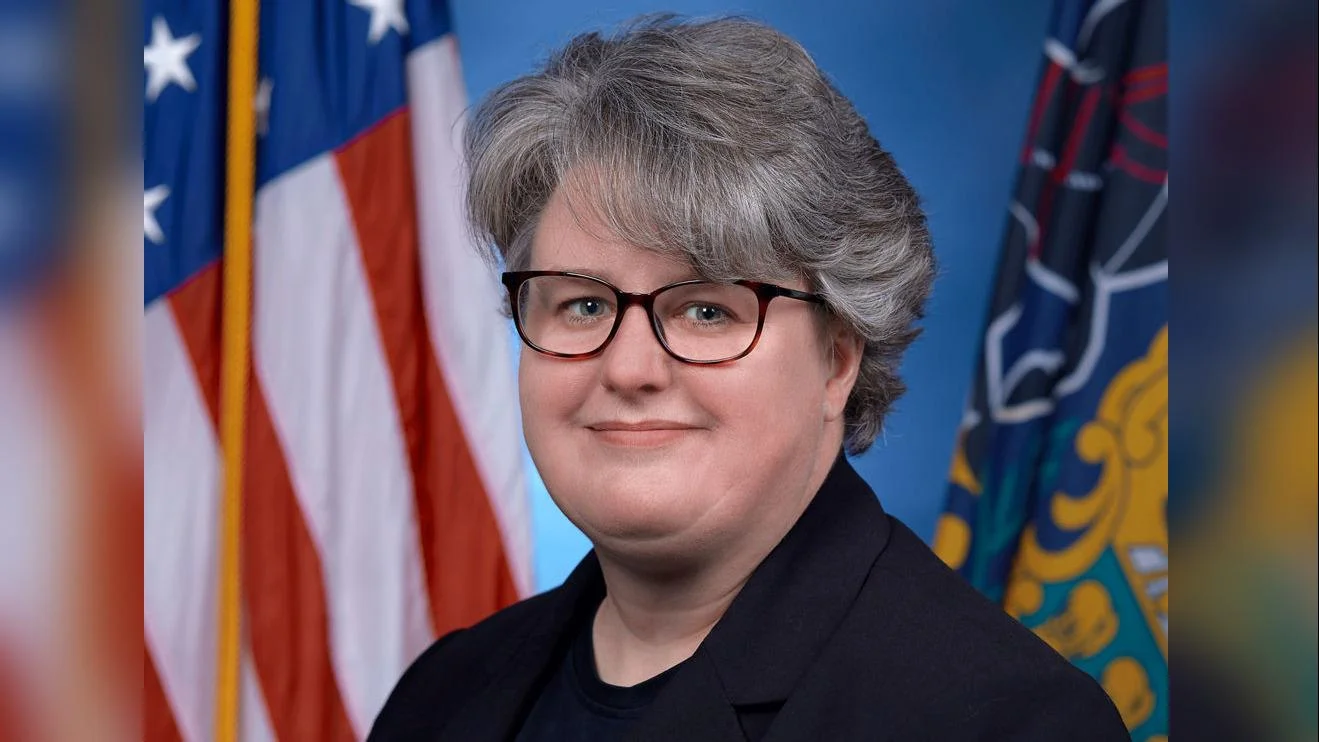
Elizabeth “Betsy” Corcoran, Co-founder and CEO | EdSurge Research
As instructional coaches and school leaders gathered in a high school gymnasium for a professional learning session, one coach reflected on the importance of mentorship throughout her career. “I’ve never done this work alone,” she said, emphasizing how mentors and colleagues have shaped her journey as an educator.
She recalled guidance from past supervisors: “Your students don’t need you to be perfect; they need you to be present.” Another mentor encouraged risk-taking by saying, “Take the risk. The worst thing that happens is you learn something new.” These lessons influenced her approach as a teacher, coach, and now as a district instructional support leader.
When transitioning into the role of instructional coach last year, she brought with her habits developed as a teacher—listening before advising and working alongside others. However, she soon noticed some distance from colleagues in her new environment. One teacher asked directly about her role: “So what exactly is it you’re here to do?” This question highlighted broader uncertainties around coaching positions in schools.
Nearly 60 percent of public schools employ at least one instructional coach, but these roles are often underfunded or temporary. In Rhode Island, recent state investments aim to change that dynamic. Last year, $5 million was allocated to expand coaching across districts. This year, nearly $40 million over five years was committed through the Comprehensive Literacy State Development grant to strengthen literacy instruction and improve student outcomes by fostering partnerships between schools and teacher preparation programs (https://www.ed.gov/news/press-releases/us-department-education-announces-comprehensive-literacy-state-development-grant-awards).
Despite increased funding and recognition for coaching roles in Rhode Island, the coach described challenges such as misconceptions about coaches acting as evaluators or representatives of central administration. She found herself navigating between teachers’ concerns and administrators’ goals.
To address these challenges, she focused on what teachers would want from a coach: not checklists or reminders but thought partnership and support for implementing curriculum while meeting students’ needs. Over time, relationships grew stronger through collaborative lesson planning and classroom visits.
One example involved partnering with a science teacher who invited her into an engaging forensics class activity. Their collaboration extended beyond scheduled meetings into informal conversations about improving lessons based on student work.
Reflecting on these experiences, the coach concluded that effective coaching is less about providing solutions and more about creating space for teachers to explore questions together. “Learning to teach is a career-long journey,” she said. She strives to encourage educators even during uncertain moments: “That’s the coach I try to be now: encouraging and willing to step in when the work gets messy.”





 Alerts Sign-up
Alerts Sign-up